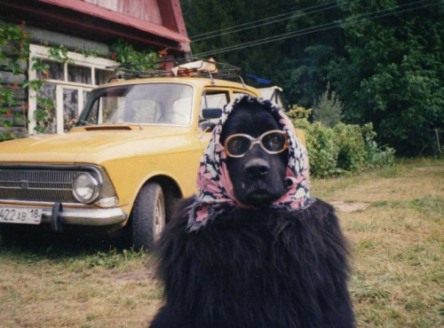I just finished listening to Christa Tippett interview Junot Diaz. I’m including a piece he wrote for the New Yorker after Trump was elected. He is the last person I would expect to talk about radical hope, but there it is.
RADICAL HOPE
By Junot Díaz
Querida Q.:
I hope that you are feeling, if not precisely better, then at least not so demoralized. On Wednesday, after he won, you reached out to me, seeking advice, solidarity. You wrote, My two little sisters called me weeping this morning. I had nothing to give them. I felt bereft. What now? Keep telling the truth from an ever-shrinking corner? Give up?
I answered immediately, because you are my hermana, because it hurt me to hear you in such distress. I offered some consoling words, but the truth was I didn’t know what to say. To you, to my godchildren, who all year had been having nightmares that their parents would be deported, to myself.
I thought about your e-mail all day, Q., and I thought about you during my evening class. My students looked rocked. A few spoke about how frightened and betrayed they felt. Two of them wept. No easy task to take in the fact that half the voters—neighbors, friends, family—were willing to elect, to the nation’s highest office, a toxic misogynist, a racial demagogue who wants to make America great by destroying the civil-rights gains of the past fifty years.
What now? you asked. And that was my students’ question, too. What now? I answered them as poorly as I answered you, I fear. And so I sit here now in the middle of the night, in an attempt to try again.
So what now? Well, first and foremost, we need to feel. We need to connect courageously with the rejection, the fear, the vulnerability that Trump’s victory has inflicted on us, without turning away or numbing ourselves or lapsing into cynicism. We need to bear witness to what we have lost: our safety, our sense of belonging, our vision of our country. We need to mourn all these injuries fully, so that they do not drag us into despair, so repair will be possible.
And while we’re doing the hard, necessary work of mourning, we should avail ourselves of the old formations that have seen us through darkness. We organize. We form solidarities. And, yes: we fight. To be heard. To be safe. To be free.
For those of us who have been in the fight, the prospect of more fighting, after so cruel a setback, will seem impossible. At moments like these, it is easy for even a matatana to feel that she can’t go on. But I believe that, once the shock settles, faith and energy will return. Because let’s be real: we always knew this shit wasn’t going to be easy. Colonial power, patriarchal power, capitalist power must always and everywhere be battled, because they never, ever quit. We have to keep fighting, because otherwise there will be no future—all will be consumed. Those of us whose ancestors were owned and bred like animals know that future all too well, because it is, in part, our past. And we know that by fighting, against all odds, we who had nothing, not even our real names, transformed the universe. Our ancestors did this with very little, and we who have more must do the same. This is the joyous destiny of our people—to bury the arc of the moral universe so deep in justice that it will never be undone.
But all the fighting in the world will not help us if we do not also hope. What I’m trying to cultivate is not blind optimism but what the philosopher Jonathan Lear calls radical hope. “What makes this hope radical,” Lear writes, “is that it is directed toward a future goodness that transcends the current ability to understand what it is.” Radical hope is not so much something you have but something you practice; it demands flexibility, openness, and what Lear describes as “imaginative excellence.” Radical hope is our best weapon against despair, even when despair seems justifiable; it makes the survival of the end of your world possible. Only radical hope could have imagined people like us into existence. And I believe that it will help us create a better, more loving future.
I could say more, but I’ve already imposed enough, Q.: Time to face this hard new world, to return to the great shining work of our people. Darkness, after all, is breaking, a new day has come.
Love, J ♦









